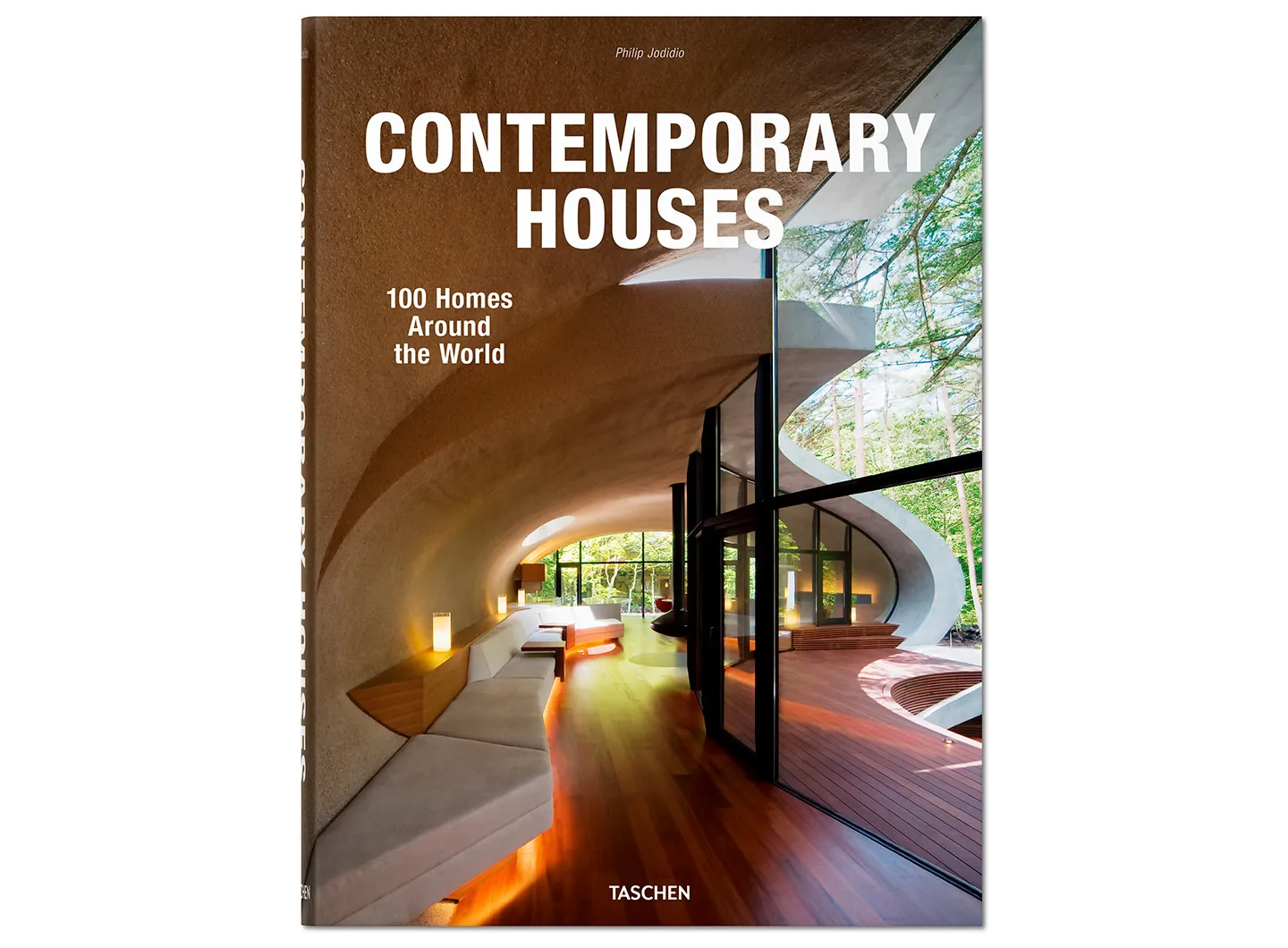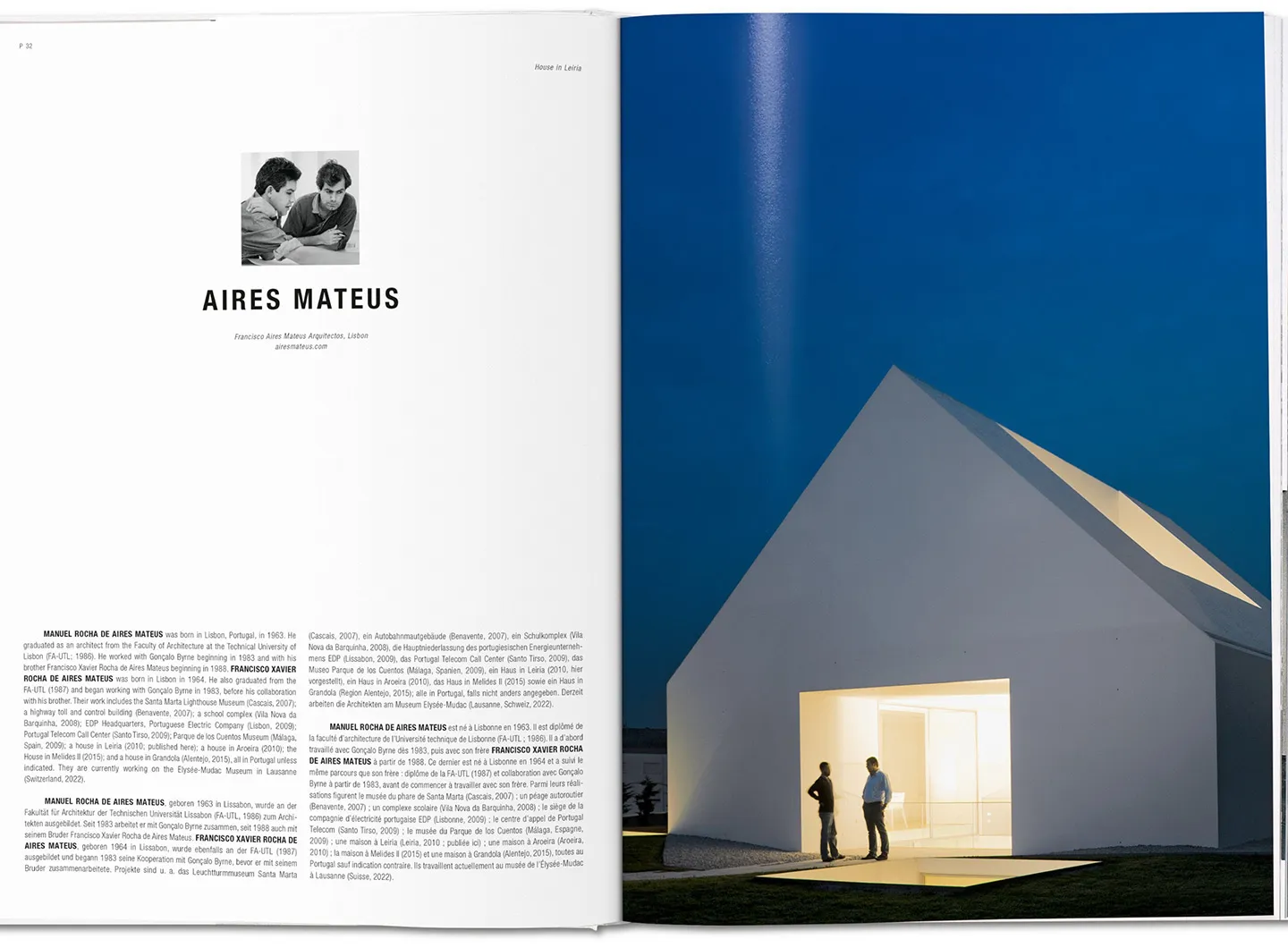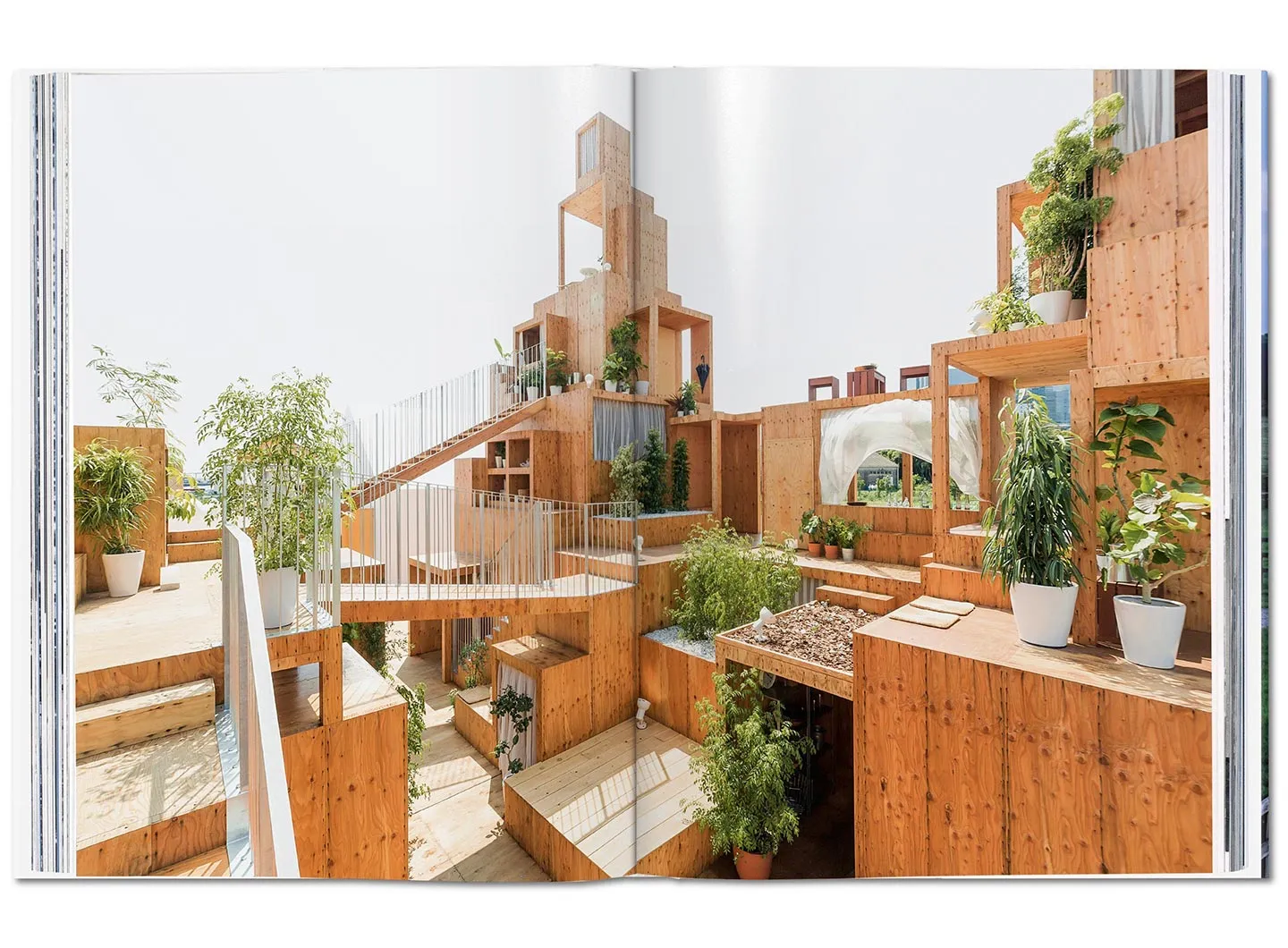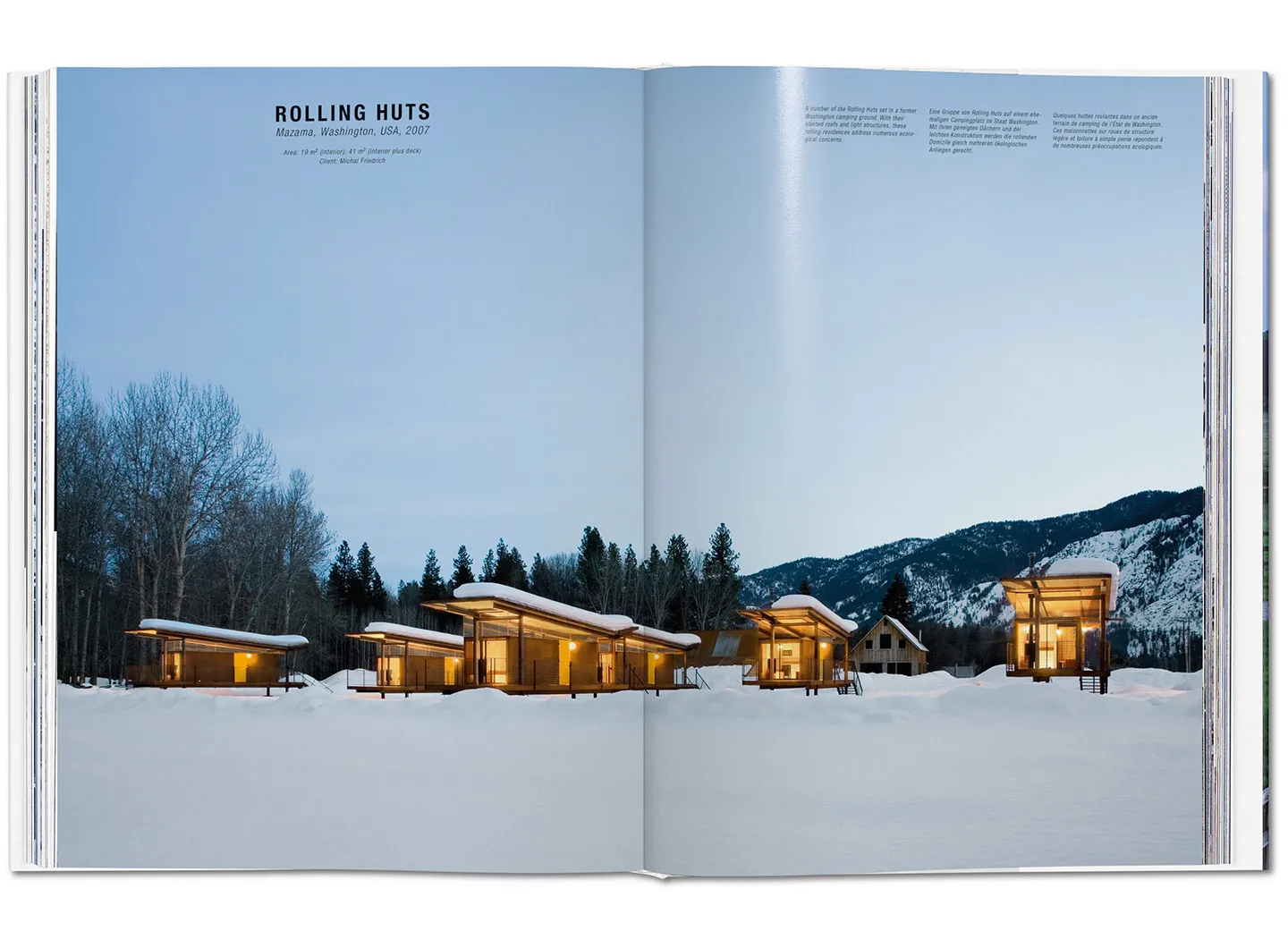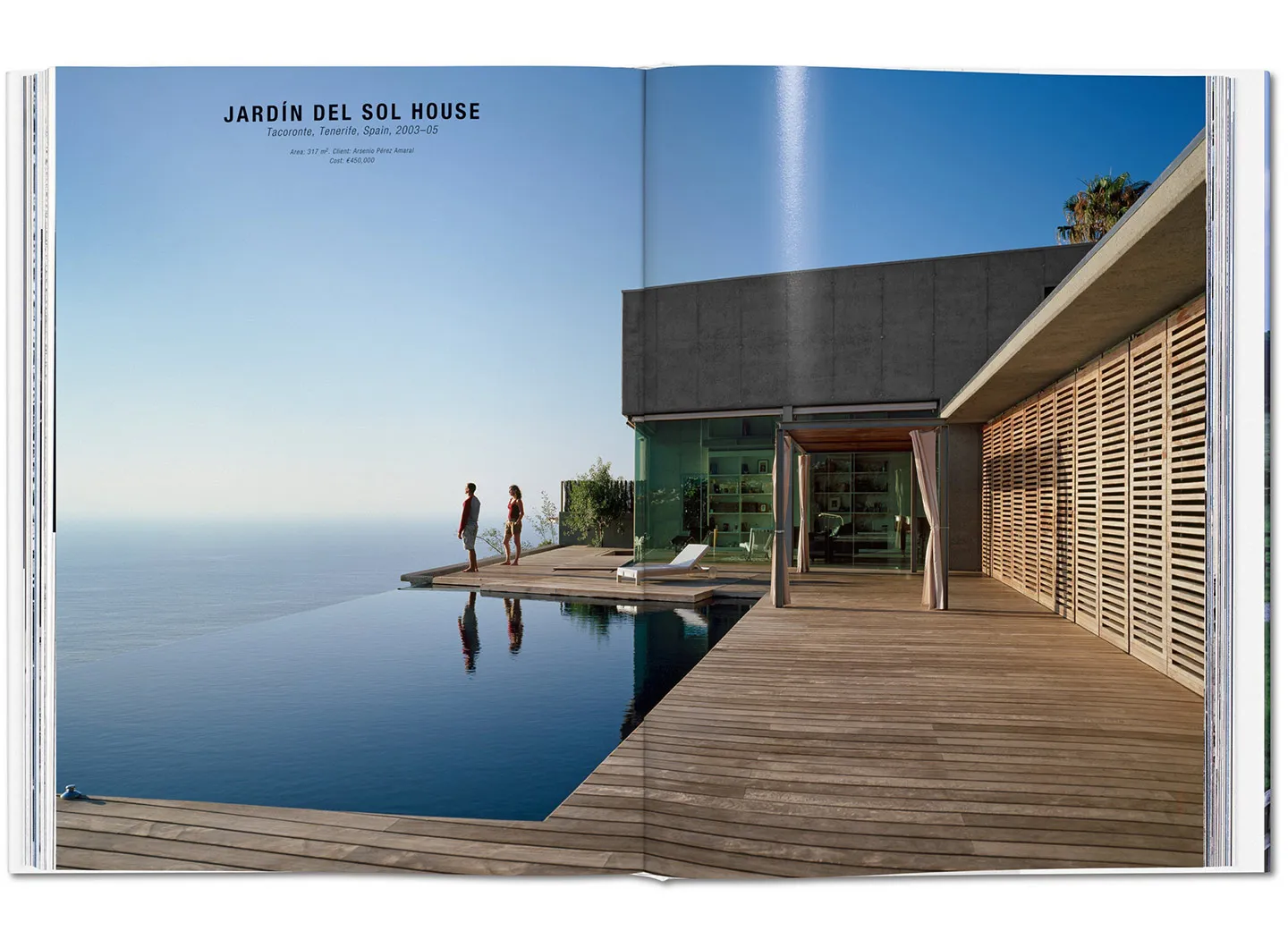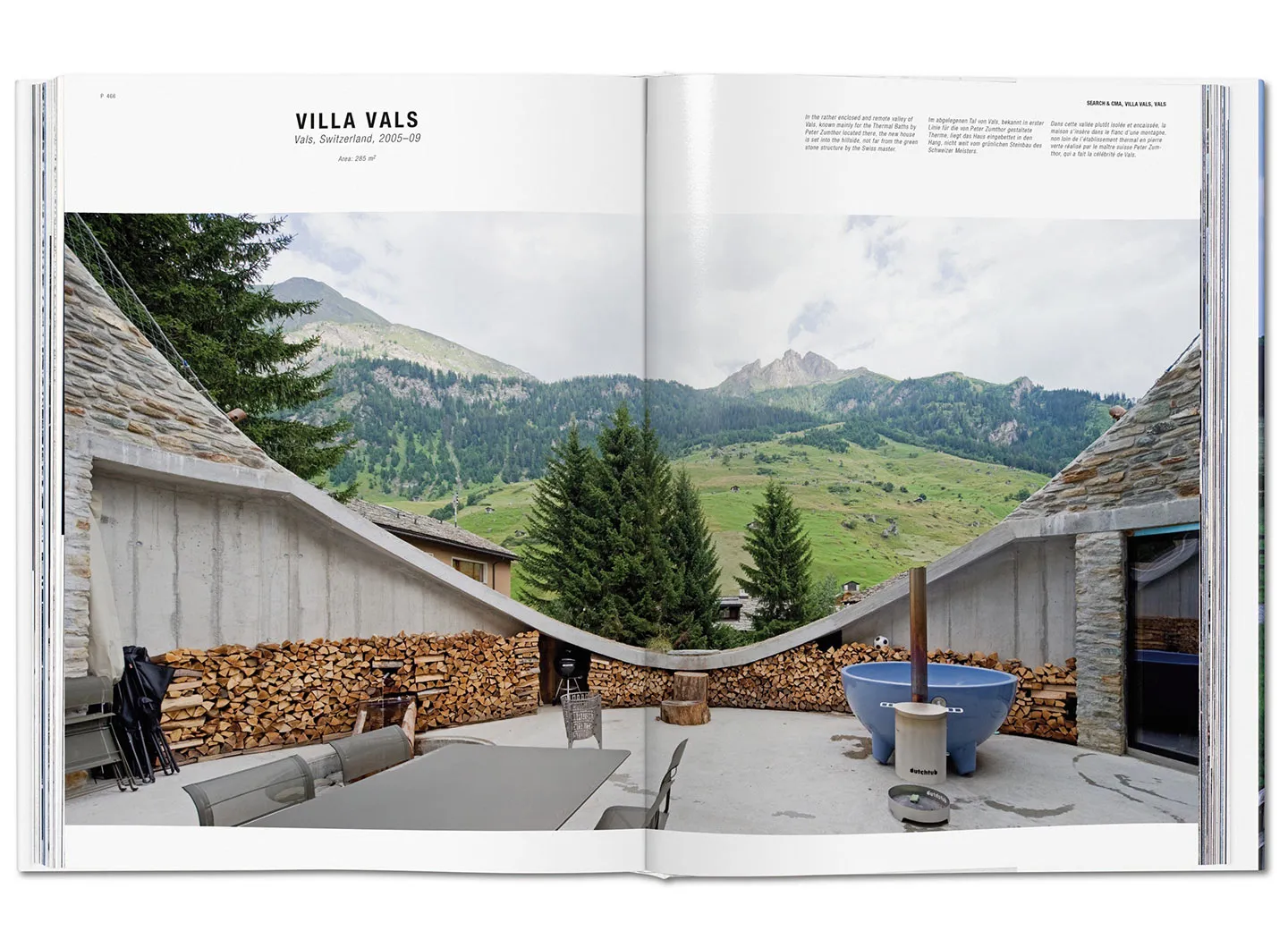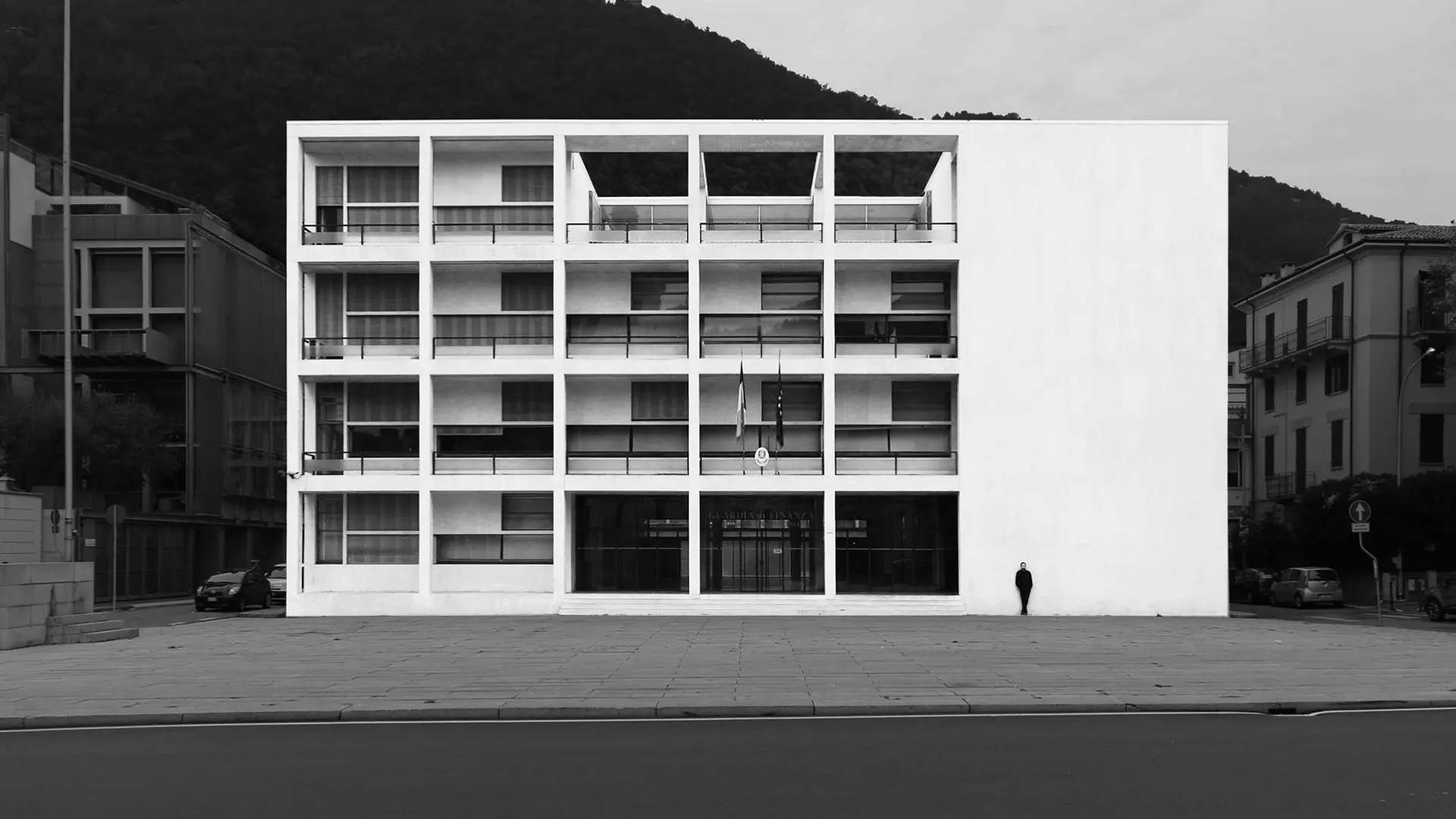Pure volumes, minimal or non-existent decoration, primacy of functionality, harnessing new materials: from the Casa del Fascio in Como to the railway station in Florence, the story of an experimental period that, after almost a century and several attempts at damnatio memoriae, remains a tangible presence in Italy.
Contemporary Houses
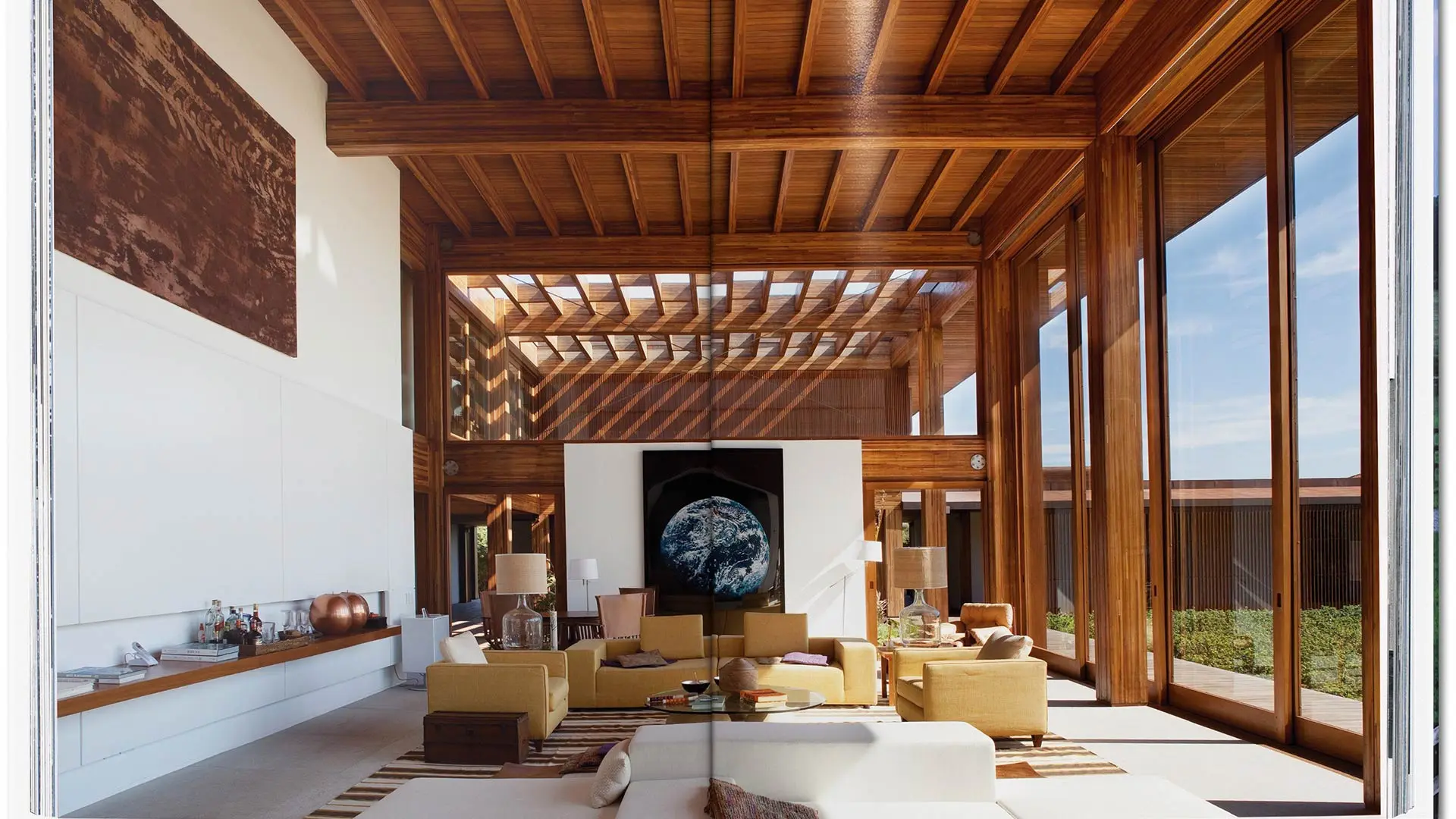
This book gathers the most eclectic houses on the planet, staggeringly beautiful, channelling powerfull storytelling but, most of all, designed by extraordinary architects.
Designing a private home is a delicate and complicated affair, even for the most experienced architect. The challenges are not just creative, nor are they merely structural. When working to much more modest scales than public projects, with less complex technical equipment than industrial sites, there are so many settings, colours, lights and objects to balance and characters, dialogues and emotions to reflect and narrate that architects perforce have to become half filmmaker, half therapist. Only then can they edit and organise the space in such a way as to narrate an engaging story. The story of its future inhabitants. This is something of which Philip Jodidio is all too aware. His book, Contemporary Houses, published by Taschen, reflects on how the most arduous task facing designers is to translate all the emotional associations and practical requirements into something real. The book contains 100 of the most interesting and avantgarde houses built around the world over the past decade by both established and emerging talents, including John Pawson, Richard Meier, Shigeru Ban, Tadao Ando, Zaha Hadid, Herzog and de Meuron, Daniel Libeskind, Álvaro Siza, UNStudio and Peter Zumthor. All spaces that have provided infinite opportunities for experimenting with new method and materials for domestic living, allowing their architects to breathe life into unique and exceptional spaces – and experiences.
Contemporary Houses
Philip Jodidio
Ed. Taschen
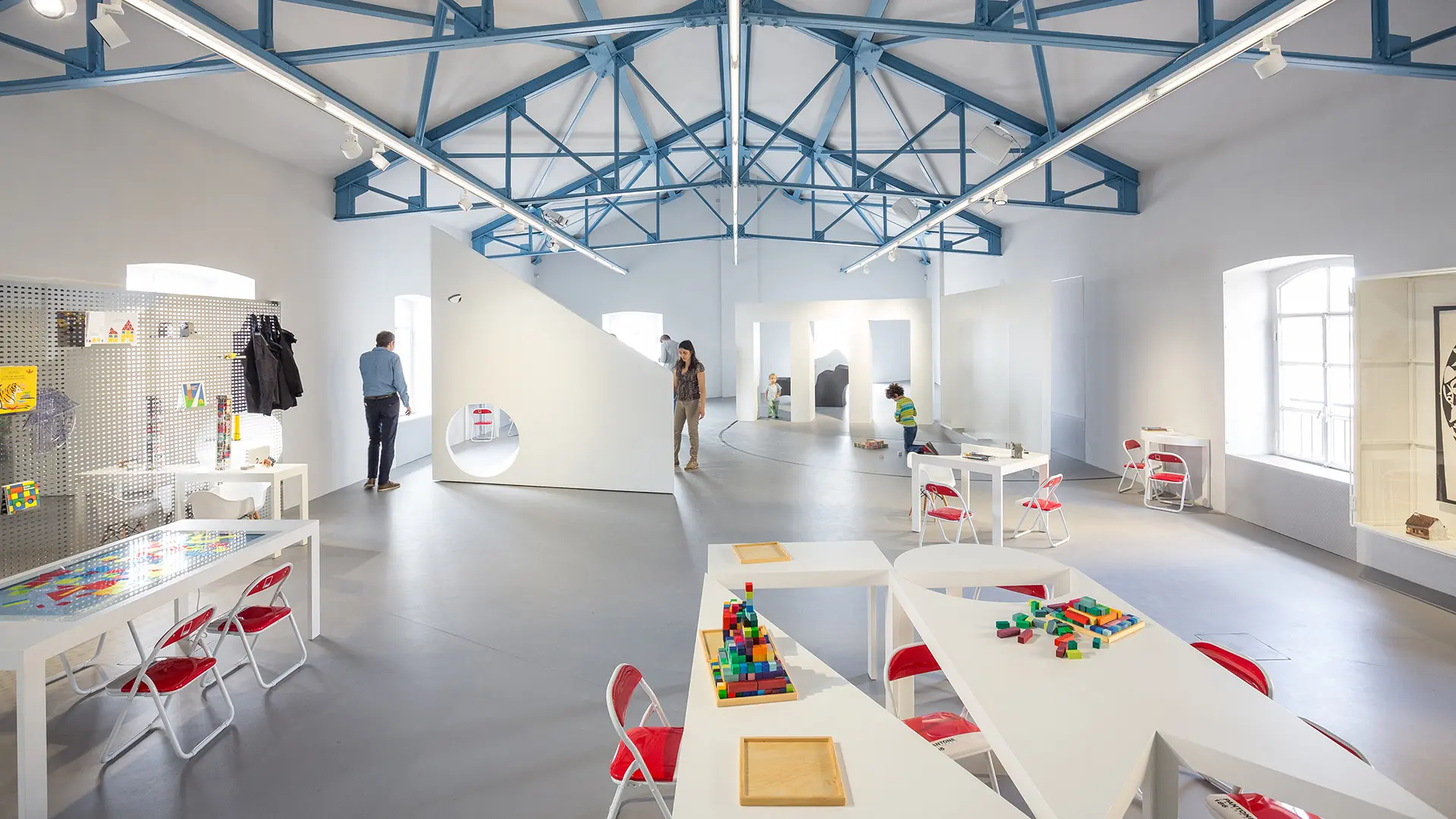
A play space is a serious matter
Not just fun places, but true places of social focus, where individuals gather, create bonds and build trust

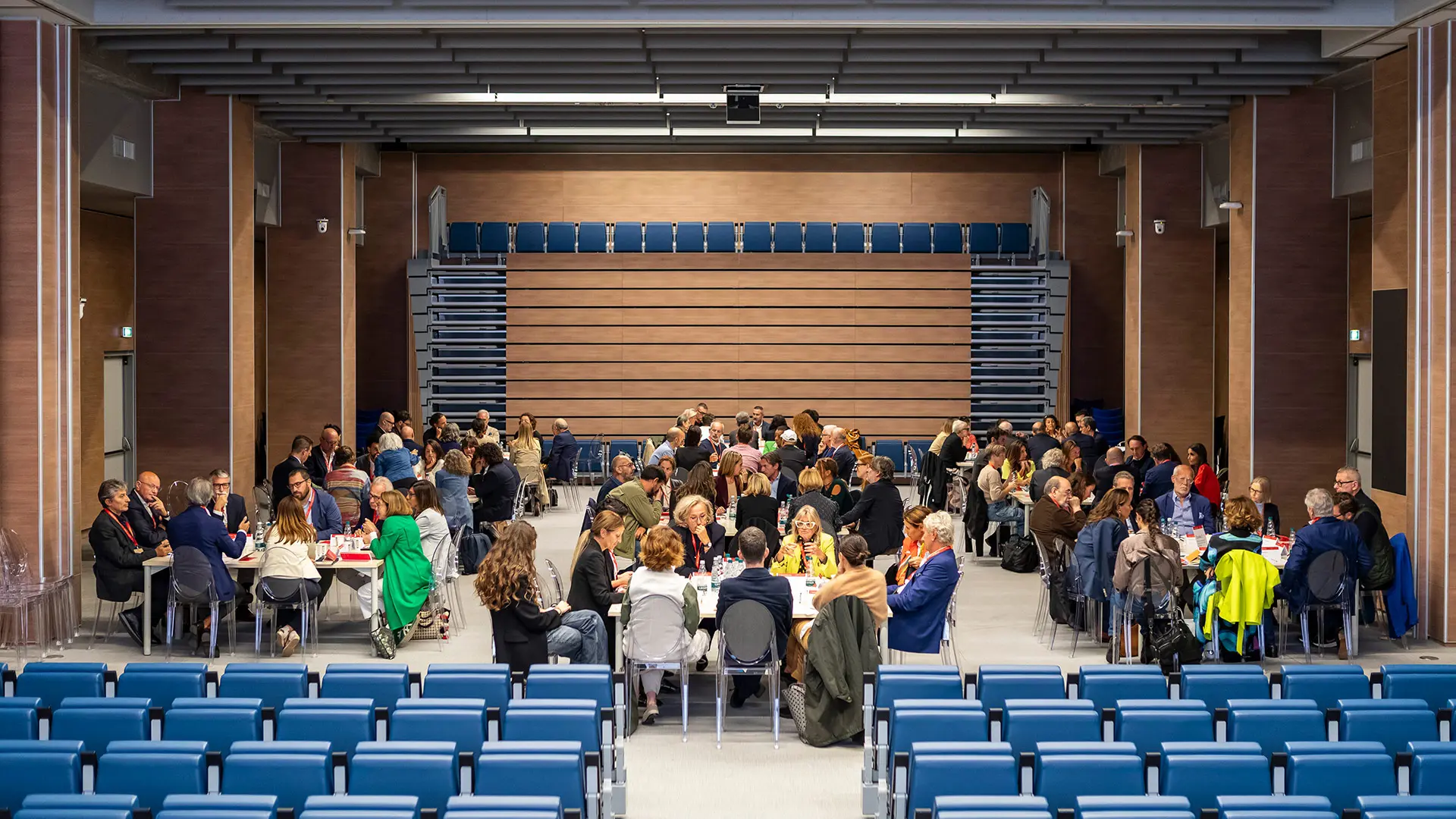
The second edition of the Roundtables on Milan Design (Eco) System
Discussions ranged from the role of cultural policies and training, the appearance of new publics and emerging practices, all the way to innovative networks between territories and design. This is an account of the day’s work on Thursday 25 September, as part of the research project promoted by the Salone del Mobile and the Politecnico di Milano



